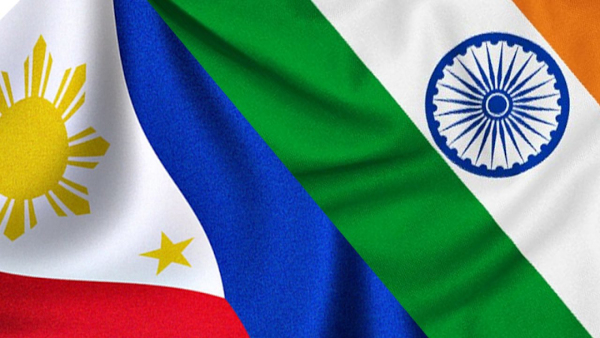New Delhi: India and the Philippines are eyeing technology and investment exchanges in fisheries in a bid to bolster cooperation in the Blue Economy sphere.
As a start, the Philippines is expected to look at potentially making investments in setting up tuna processing facilities in India, a person familiar with the matter said.
Alternatively, India could also export its tuna catch for processing in the Philippines, the person said. With the Philippines having preferential duty privileges to the European Union for tuna exports, this could be a win win for New Delhi and Manila.
Preliminary discussions took place in Manila last week during the India Philippines Marine Fisheries and Aquaculture business conference attended virtually by representatives of India’s fisheries industry and the Philippine Chamber of Agriculture and Fisheries.
Indian Ambassador to the Philippines Shambhu Kumaran also took part in the virtual event. Efforts will be made to dovetail plans that emerge for cooperation between India and the Philippines with the Pradhan Mantri Matya Sampada Yojna (PMMSY) that was unveiled last year, the person said.
The PMMSY targets ₹100,000 crore in marine exports by 2025 besides increasing fish production to 220 lakh metric tons by 2025 from 137.58 lakh metric tons in 2018-19. It also offers incentives to investors wishing to set up processing units in India.
Cooperation between India and the Philippines in fisheries also fleshes out India’s Indo-Pacific Oceans Initiative (IPOI), a second official said referring to India’s strategy that aims to forge cooperative links with partners in the Indo-Pacific region, like Manila. The areas identified for cooperation include the Blue Economy besides maritime security, connectivity, and disaster management.
The IPOI was outlined by Prime Minister Narendra Modi in 2019 at the East Asia Summit in Bangkok. One of the main objectives of the IPOI has been to ensure the safety, security, and stability in the Indo-Pacific region keeping South East Asian Nations central to the initiative. The Indo-Pacific initiatives by India and countries like the US, Japan, Australia and others come on the back of the rise of an unpredictable China which has been adopting a belligerent stance towards its neighbours including the Philippines.
“In the post covid world, health security is really important. But equally important is food security. We must work together to make our food more climate resilient and supply chain more stronger,” the first person cited above said.
India’s advantage is that it produces largely tuna ready for canning with Philippines having expertise in processing and canning. Tuna is one of the Philippines’ largest seafood exports with a yearly value of $350 to $400 million.
According to the first person cited above, on India’s part, it could look at extending technology and research and development to the Philippines in the area of shrimp cultivation, given that India is one of the largest producers and exporters particularly of the Vannamei species.
India was also keen on learning about seaweed farming from the Philippines, the first person said. The Philippines is one of the top countries in seaweed cultivation in Asia alongside China, Indonesia and South Korea with expertise in red, brown and green algae farming, the person added.
Source: The Mint
You may also like
-
IAF Aircraft Set Course For Exercise Eastern Bridge VII At Oman
-
India-us Working Together In Areas Like Critical Minerals, Supply Chains And Advanced Technologies: Shri Piyush Goyal
-
Defence Secretary to co-chair 5th India-Philippines Joint Defence Cooperation Committee meeting in Manila
-
2nd India-Japan Finance Dialogue held in Tokyo on 6th September, 2024
-
Prime Minister, Shri Narendra Modi welcomes Crown Prince of Abu Dhabi
